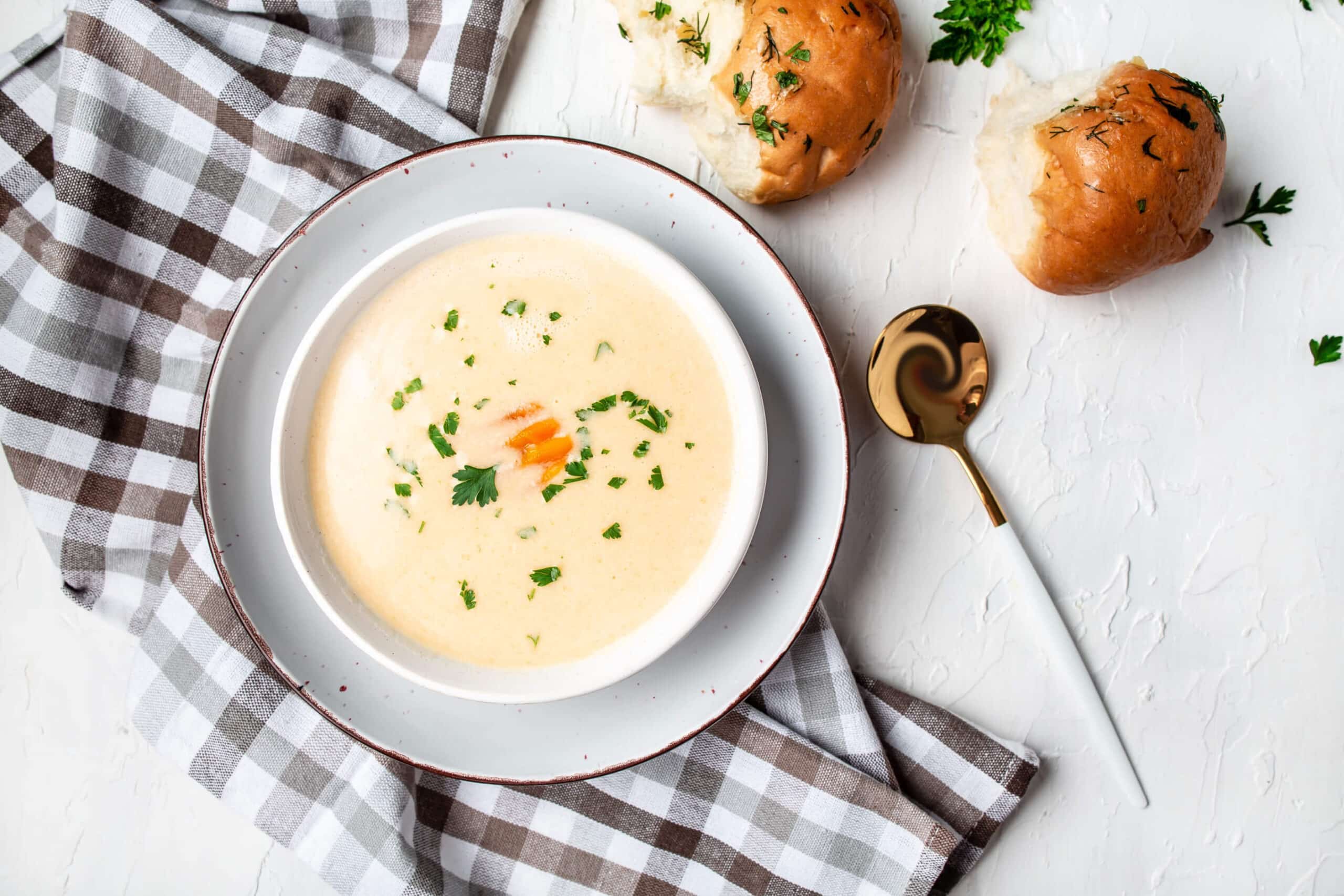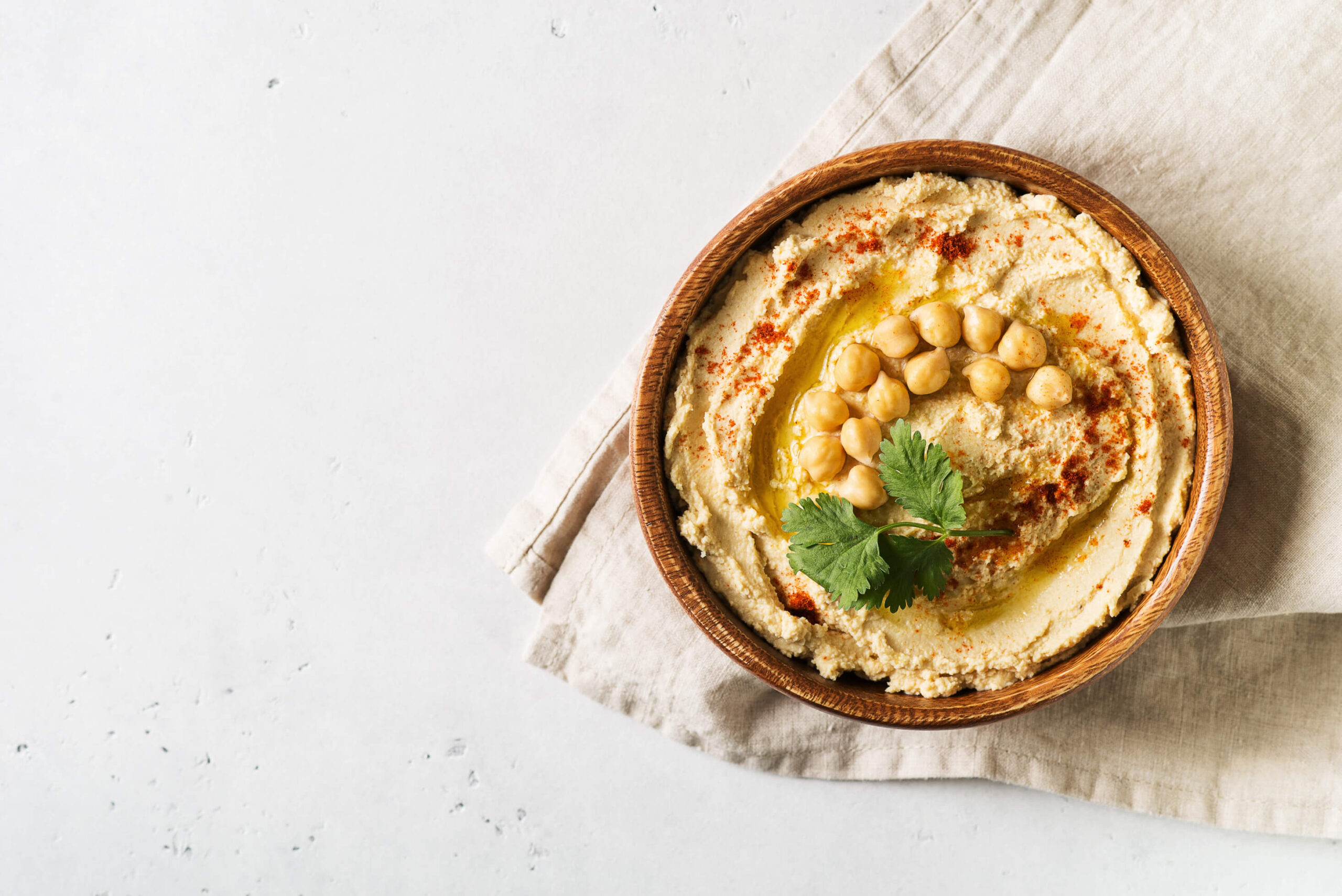Food is Medicine: Nutrition for Sleep Optimization: Eat Your Way to Better…

Have you ever heard the quote “sleep is for the weak”? We live in a society where most people sacrifice sleep for better pay, more hours, time to study, entertainment, and so much more. While many of these situations are out of our control, there is one way we can always look to improve our sleep quality: nutrition. It’s no secret that the food we eat directly affects our body’s functioning, especially our sleep. In this article we will go through some of the science behind sleep, tips to enhance it by what we eat (and don’t eat), and actionable takeaways.
To understand how our nutrition can optimize our sleep, it’s important to understand the stages of sleep. Our body cycles through 4 stages when we are asleep. These stages help our body physically and mentally recover, retain memories, balance emotions, and give us energy the following day. Hormones involved with sleep play a huge role in how our body functions day to day. Melatonin regulates circadian rhythm. Cortisol helps us feel awake and alert in the morning. Growth hormone repairs our body and ensures full recovery. Leptin and ghrelin control our hunger levels. Getting adequate sleep and enough time in each sleep cycle is key for our body to repair and regulate our hormones. Nutrition is the key to getting our body ready for each of these cycles and a full night’s rest.
The food we eat allows us to receive a variety of different nutrients in our diet. Of these nutrients, there are some in particular that directly contribute to enhancing sleep. In this article we will highlight six key nutrients. Tryptophan is an amino acid that helps our body produce serotonin, the chemical in our brain that makes us sleepy. Magnesium helps calm our nervous system. Calcium helps our brain use tryptophan efficiently. B-Vitamins aid in melatonin production, the hormone most contributed with sleep. Omega 3 Fatty Acids help us manage inflammation, which keeps cortisol levels low at night so it doesn’t disrupt sleep. Lastly, complex and simple carbohydrates allow tryptophan to enter our brain and help us relax. Now let’s dig into what we can eat to acquire these nutrients.
Tryptophan is abundantly found in meat, mostly lean sources of chicken, turkey, and lower quantities in beef and pork. Magnesium is one of the trickier nutrients to acquire through food. It is estimated between 40 and 80 percent of the U.S. population is deficient. Dark chocolate that is 70% cacao or higher is a great source of magnesium and many other nutrients. Strack & Van Til carries Endangered Species Chocolate, a brand committed to quality cacao and donating part of their sales to wildlife conservation charities. A win-win. Avocados also provide a good dose of magnesium and are an easy addition into your diet. Calcium as most know is commonly found in dairy products like milk, yogurt, and cheese. Wild caught fish are the easiest way to provide your body with a large amount of Omega-3’s. Finally, complex carbohydrates are fairly easy to include into your diet and allow our body to use tryptophan efficiently. Two super-sleep carbohydrates we can consume before bed are kiwi and cherries (or tart cherry juice). Kiwis pack an additional source of serotonin and cherries are high in naturally occurring melatonin. Now that we have an idea what we should eat to contribute to better sleep, let’s talk about what we probably shouldn’t eat before bed.
A good cup of coffee is great earlier in the day, but the later we push our caffeine intake, the more likely it is to disrupt our sleep. Caffeine can stay in your system for 6-8 hours so be conscious of when you’re drinking it and try to time it with your sleep schedule. Many people think a glass or two of alcohol can help you fall asleep. While it does make you sleepy, it only takes one glass to completely throw your sleep cycles out of whack. A sneaky culprit that also disrupts sleep is spicy foods. They can cause indigestion and raise your body temperature, two things we don’t want as we wind down for bed. Lastly, heavy meals and high sugar foods late at night can spike blood sugar levels and interfere with proper digestion of food while we sleep. Try to time your meals 2 to 3 hours before bed to allow for a good night’s sleep.
While society presents us with many challenges when it comes to getting adequate quality sleep, we almost always have control over our nutrition. Your diet is a powerful tool for improving sleep. Tracking your dietary intake of nutrients, timing of meals, and how it affects your sleep is a great way to make sure you wake up with energy and clarity. Small changes can lead to big results, try it yourself and notice the difference immediately.
Related Blogs
-

Be the big game party MVP with meat, seafood, deli favorites from…
All eyes will be on the TV as fans gather for the biggest football showdown of the year, and the…
-

Help pump up the American Heart Association with your support through Strack…
February is here and thanks to Valentine’s Day, we see heart shapes everywhere. That’s why it’s apropos that February is…
-

Food is Medicine: Healing the Heart Through Nutrition
Heart health isn’t built overnight—it’s shaped by the small, daily choices we make at the table. The Food Is Medicine…







